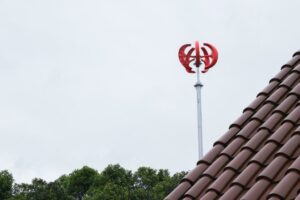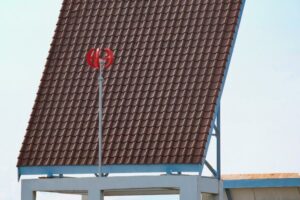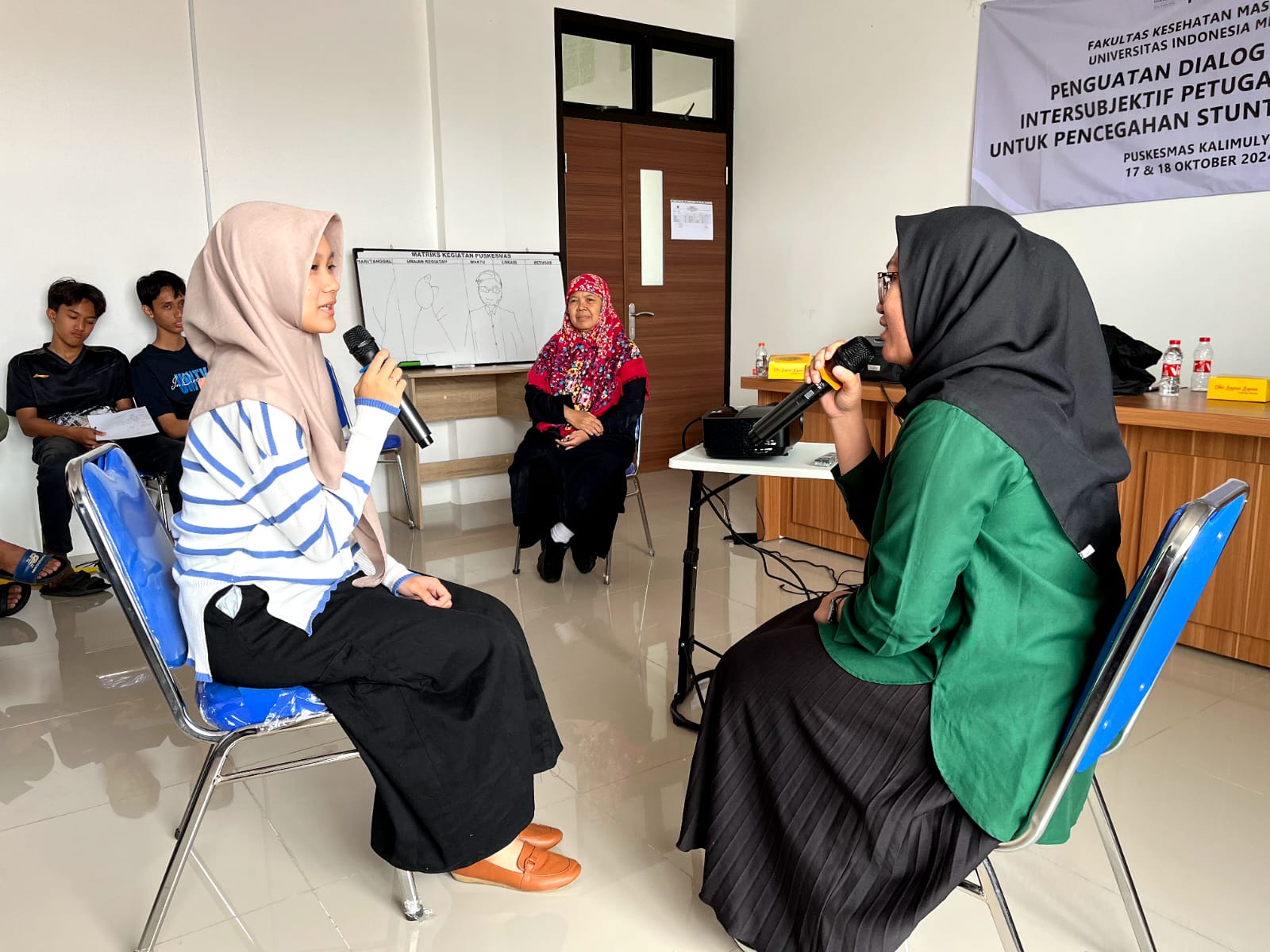
CONSISTENTLY MANAGING THE ENVIRONMENT, FTUI ADDED NEW RENEWABLE ENERGY FACILITIES
Based on Government Regulation number 79 of 2014 on the National Energy Policy, the target for new renewable energy mix in 2025 is at least 23% and 31% in 2050. One of the sustainable energy sources that is renewable, widely distributed, and abundant is wind. Wind energy contributes to reducing greenhouse emissions because it is used as an alternative energy material to replace fossils in electricity generation. Wind turbines receive the kinetic energy generated by the wind then through the propellers connected to the generator, the wind energy is converted into electrical energy.
The Faculty of Engineering, Universitas Indonesia (FTUI) is committed and consistent in managing the best environment within Universitas Indonesia. This is evident in the award that FTUI won, which is The Most Sustainable Faculty in Universitas Indonesia based on the version of UI GreenMetric World University Ranking 2022. This prestigious award has been won by FTUI for five consecutive years since 2018.
FTUI realizes its commitment to adding renewable energy systems within the faculty. In 2022, FTUI installed a wind turbine unit located in the Postgraduate Building (Engineering Center). This installed wind turbine has a capacity of 300 watts. The electrical energy generated by the two wind turbines is used for the lighting on the roof of the Postgraduate building.
The installation of the wind turbine complements the existing renewable energy facilities at FTUI, Depok Campus. Previously, FTUI also had three Solar Power Plants: a solar power plant located in the Engineering Center Building, a 101 kWp Solar PV Power Plant on the rooftop of the Integrated Creative Engineering Learning Lab (i-CELL) Building which is capable of producing 30% of the electrical energy for the building, and Floating Solar Photovoltaic, or known as a bifacial (two-sided) floating solar power plant, installed on UI’s Mahoni Lake. This floating solar power plant has 36 bifacial solar panels which produce 10,000 to 13,000 watts of peak electricity when they are fully operated.

Dean of FTUI Prof. Dr. Heri Hermansyah, ST., M.Eng., IPU., said, “Currently, the management of higher education as a center for realizing a green economy is continuing. FTUI is committed to reducing carbon emissions as an effort to preserve the environment. We continuously maintain and improve several efforts which is to reduce waste, save water and energy use, and apply various innovations to replace the use of fossil energy towards renewable energy.
Author: Tikka Anggraeni| Editor: Mariana



